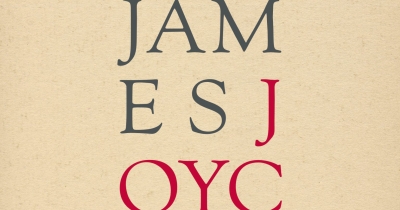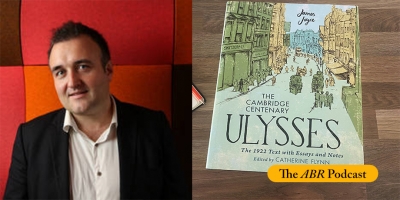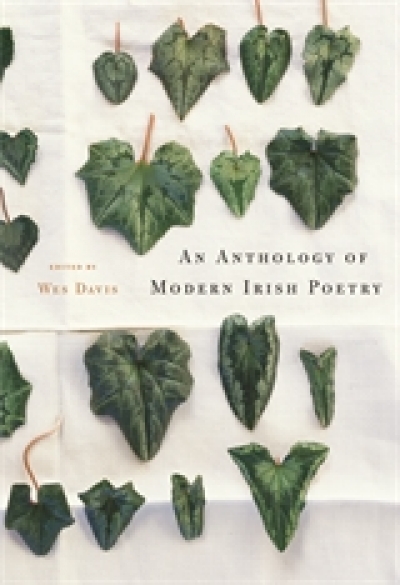For W.B. Yeats, Ireland was the place and source of poetry, even when he was living in Oxford or London. It was also a mythical figure, enabling of ardour and of song, the desirable ‘Cathleen, the daughter of Houlihan’; and it became a delicately evocative crepuscule, mocked by Brendan Kennelly when he opens a poem with ‘Now in the Celtic twilight decrepit whores / Prowl warily along the Grand Canal’. The very phrase ‘Irish poetry’ sounds like a pleonasm. For that moist country has long seemed synonymous with verse and folksong: just as Holland is synonymous with painting and France with elegant thought. Further, when I think of contemporary poets in our widespread language, Seamus Heaney must surely be the dominant world figure and Paul Muldoon the most verbally dazzling, even if our Les is close to Paul in this caper.
...
(read more)



